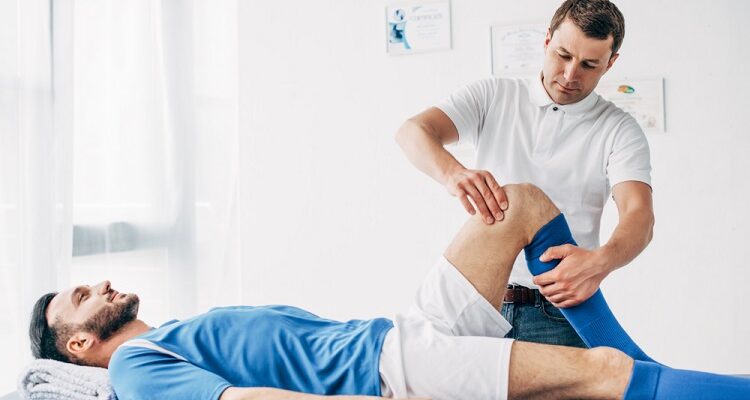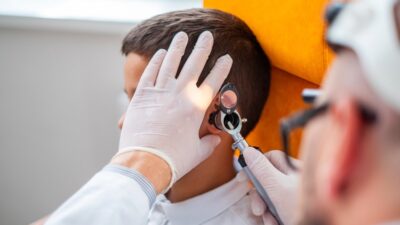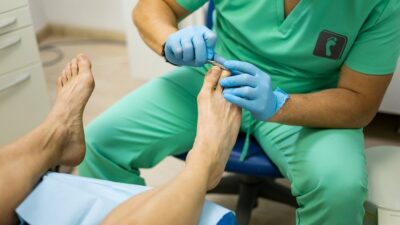Orthopedic sports medicine focuses on the musculoskeletal system and its associated injuries, including soft tissue abnormalities, ligament sprains, bone fractures, and joint problems. The goal of orthopedic sports medicine surgeon Buford, GA, is to identify potential problems in the patient’s anatomy and function, prevent them from occurring, and treat existing injuries.
Here are instances when you should visit an orthopedic sports medicine specialist.
Table of Contents
1. Acute injury
Acute injuries are the most common reason for seeking orthopedic care. These include sprains and strains of the muscles, ligaments, and tendons. The most common musculoskeletal injury is a sprain. A sprain occurs when there is a stretch or tear in one or more of the ligaments that connect bone to bone. It’s important to know that even if you feel fine after an acute injury, your body can still be injured.
2. Chronic injury
If the injury is chronic, lasting more than four weeks, then it is likely that you will need orthopedic sports medicine help sooner rather than later. The best approach is to consult an expert with experience in treating injuries in this area. They can advise on the best course of action for your specific case. They may also offer helpful hints about managing your condition as it develops over time.
3. Old Injuries
If you have a history of injuries, seeing an orthopedic specialist is essential as soon as possible. The longer the injury has been ignored or untreated, the more likely you will develop joint problems and other complications.
4. Physical Inactivity
Inactivity often results in muscle imbalances and joint pain that can lead to serious long-term issues if left untreated. This is especially true if you need to work out regularly or exercise more. If you have been inactive for over six months, it is time to see an orthopedic specialist.
6. Repetitive Strain Injuries (RSI)
The most common type of injury to an athlete is the repetitive strain injury. With this injury, the muscles and tendons become inflamed and overworked, causing pain, numbness, tingling, and swelling. The best way to prevent an RSI is to be careful when lifting weights or engaging in other activities that cause you to use your muscles. If you experience an RSI, you should begin by icing the area and resting it for a few days before trying other treatment options.
If you have experienced an RSI before and are now experiencing similar symptoms again, it may be time to seek out orthopedic sports medicine treatment from a professional doctor who specializes in treating injuries like these.
7. Degenerative issues
Degenerative conditions affect the body over time, and their symptoms can worsen with age. Athletes’ most common degenerative conditions are osteoarthritis, hip arthritis, shoulder arthritis, and knee osteoarthritis. If you have any of these issues, look for an orthopedic sports medicine specialist.
Orthopedic sports medicine is the specialty of treating injuries and other conditions of the musculoskeletal system. It includes physical therapy and rehabilitation, surgery, orthotics and prosthetics, and athletic training. If you are dealing with injuries affecting the musculoskeletal system, contact Stephen Fisher, M.D.










Comments